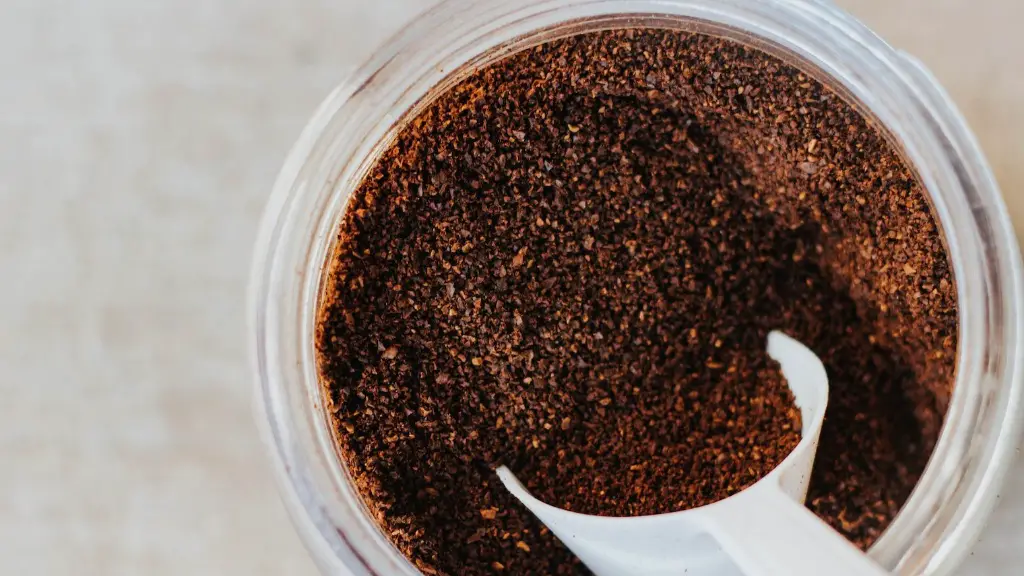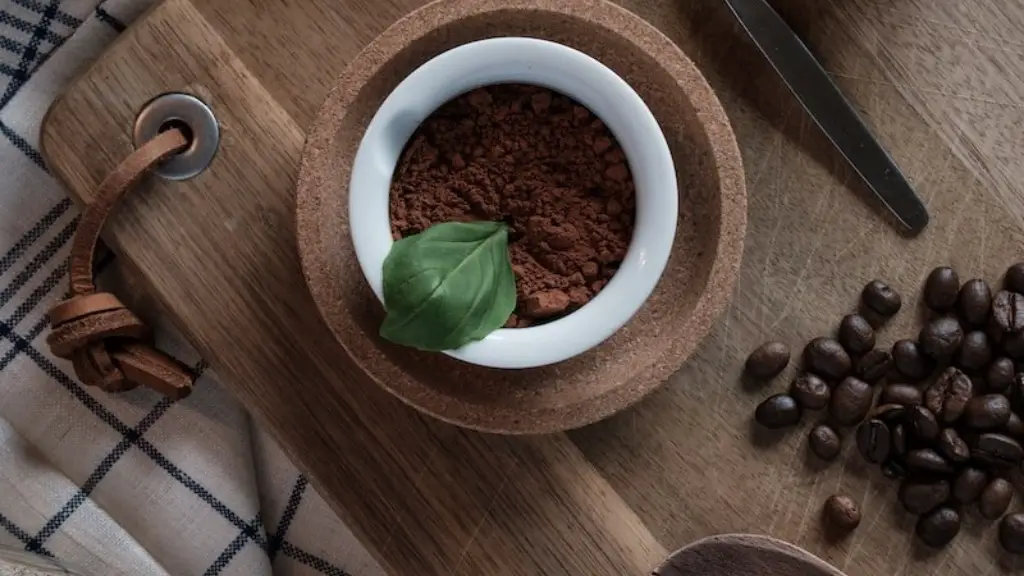Coffee is often a favorite morning drink for many people, and for good reason. Caffeine is a stimulant that can help keep you alert and awake during the day, but it can also prevent you from getting a good night’s sleep. If you’re trying to sleep better and still want to enjoy coffee, there are some important things to keep in mind.
First off, make sure you’re drinking your coffee earlier in the day. It’s best to restrict your coffee consumption to the morning and early afternoon. Caffeine has an average half-life of about 5 to 6 hours, which means that it’s still in your system after that time. If you drink coffee late in the day, your body will still be processing the caffeine when you’re trying to go to bed.
Avoid any caffeinated drinks, like energy drinks or soda, after lunchtime. They contain added sugars and other stimulants that can make it difficult to fall asleep. And don’t forget about non-coffee sources of caffeine, like tea or chocolate. These can also be problematic if consumed too late in the day.
If you’ve cut down on your caffeine consumption, but still can’t seem to get a good night’s sleep, there are some other steps you can take. Try avoiding bright screens, like your TV or smartphone, in the hours leading up to bedtime. The brightness from these screens can interfere with your sleep patterns and make it more difficult to get to sleep.
Establish a regular bedtime routine. Going to bed and waking up at the same time each day will help your body to regulate its internal clock and make it easier to drift off to sleep. An hour before bedtime, make sure you’re winding down. Do something calming like reading or taking a warm bath. This will help your body to relax and prepare for a restful sleep.
Exercise can help you sleep better too. Just make sure you do it earlier in the day. Strenuous exercise close to bedtime can actually have the opposite effect and make it more difficult to fall asleep. Try to get in at least 30 minutes of light physical activity in the morning or afternoon.
Eating Habits
What you eat and drink also plays a role in how easily you can fall asleep. Some people find that eating heavier meals late in the evening affects their sleep. If you’re having trouble sleeping, consider having your last meal of the day a few hours before you plan to go to bed. Also, take care to reduce your alcohol consumption. Even though alcohol may make you feel sleepy, it often interferes with the quality of your sleep.
It’s also important to stay hydrated. Not drinking enough water can lead to dehydration, which can make it harder to fall asleep. Drinking water throughout the day will help you stay hydrated and make it easier to drift off as bedtime nears.
Balancing Your Lifestyle
Finally, take a look at your lifestyle as a whole. Sleep is important and when it becomes disrupted, your daily functioning can become affected. Consider how mental and emotional stress may be contributing to your sleep issues. Try to find healthier ways to cope with stress, like mindfulness or exercise. Work on establishing healthy patterns throughout the day so that you’re more likely to be relaxed at bedtime.
Sleep Hygiene
In addition to physical and dietary changes, it’s important to establish good sleep hygiene habits. Make sure your bedroom is free of clutter and noise. Keep the temperature comfortable and use blackout curtains or an eye mask or ear plugs if needed. Avoid screens or any other type of electronic device in the bedroom.
If you’re having difficulties with insomnia, consider seeing a doctor or therapist who specializes in sleep disorders. They can provide tailored guidance and advice on how to improve your sleep patterns and get good rest in spite of your coffee drinking habits.
Avoid Caffeinated Beverages Close To Bedtime
When it comes to coffee and sleep, it’s best to avoid any caffeinated beverages close to bedtime. Doing so will help to reduce any adverse effects on your sleep. Caffeine isn’t the only thing that can interfere with your sleep, so implementing healthy habits throughout your day can make it easier to fall asleep at night even if you’ve had coffee earlier.
Naps
If you can’t avoid caffeine late in the day, then you may find that it helps to take a short nap during the day. Napping can help to restore alertness and reduce the impact of caffeine on your sleep. Try to limit your naps to 20-30 minutes and avoid taking them too late in the afternoon. Doing so can interfere with your nighttime sleep.
Caffeinated Drinks Alternatives
Finally, consider switching to a decaffeinated alternative. Switching to decaf coffee can make it easier to establish consistent and regular sleep habits. There are also plenty of herbal teas and other caffeine-free hot drinks that may help to curb any cravings for coffee if you find yourself struggling to stay away from it in the late afternoon.
Put Your Plan into Action
It may take some time and effort to adjust your coffee drinking habits if you’re struggling to sleep, but it’s an important step to take for your overall wellbeing and health. Take the tips outlined and work on putting a plan into action. Nobody is perfect and sometimes you may slip and have a cup too late. But with some dedication and perseverance, you can enjoy your coffee while still getting good rest and making sure your body is well-rested.



